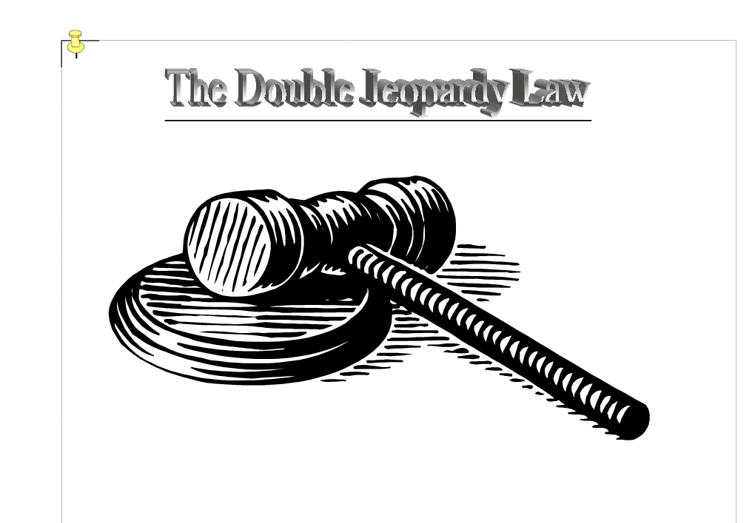A reassuring reality for everyone facing the criminal justice system is that it will ultimately come to an end (with the exception of life imprisonment). After an acquittal, a person cannot be prosecuted again, and he or she cannot be punished further after being convicted and condemned as per Criminal lawyer Adelaide. The legal theory that guarantees this is known as “double jeopardy.”
What does double jeopardy mean?
The term “double jeopardy” is only used in Australian criminal courts, says the experts of Criminal lawyers Adelaide. An accused individual who has already been tried and convicted or acquitted upon indictment for a specific offence cannot be charged with the same offence twice, according to Section 17 of the Criminal Code Act.
This law was enacted to ensure that those who were found not guilty of an offence would not be questioned by police and charged with the same crime again, explians Adelaide criminal lawyers. The person who has been charged should be able to presume that their case has been resolved.
When does double jeopardy arise?
In order to utilise the double jeopardy defence, the offence must be one that the person could have been convicted of in their original trial. It can, however, be used when a subsequent charge successfully calls into question an earlier acquittal. For example, in R v Carroll (2002) 213 CLR 635, the defendant, who had been acquitted of murder 14 years before, was later prosecuted with perjury (the crime of lying under oath) for denying the killing in testimony at the original murder trial.
Much of the evidence produced in the perjury trial was also presented in the murder trial. The defendant was convicted guilty of perjury by the jury, but the decision was overturned by the Court of Appeal.
The DPP subsequently took the case to the High Court of Australia, which affirmed the perjury conviction dismissal by recognising that the fact of an acquittal is indisputable for the purposes of subsequent criminal proceedings.
As a result of the acquittal (in the prior murder trial), the prosecution could not claim that the defendant’s acquittal was wrong in the perjury proceedings.
Does Double Jeopardy Apply to Your Case?
If you are tried and convicted of a crime, or if you are acquitted after an indictment, you cannot be charged with the same crime again. If the offence is murder, and new and persuasive evidence can be presented to show your guilt, double jeopardy will not apply in Australia.
Exceptions to the defence of double jeopardy
Despite an acquittal, a retrial of the accused can be undertaken if the prosecution can establish that there is “new and persuasive evidence” that was not available during the previous trial. This exception only applies to murder charges, apparently because it is such a heinous criminal offence that several trials may be warranted.
In addition, if an acquittal is proven to be contaminated by an offence against the administration of justice, a second prosecution can be undertaken. For instance, if it is discovered that witnesses were bribed or that a jury was tampered with.
Double jeopardy in practice
Double jeopardy defence disputes are uncommon, but they might emerge in everyday criminal law practise when charges are filed for several offences stemming from the same activities.
A person could be charged with several drug offences, such as trafficking, supplying dangerous substances, and possessing drug-related property, for example. The allegations of supplying and possessing property may be related to the same conduct that are alleged to constitute trafficking. Any charges should be carefully investigated to see if the same act or conduct is being prosecuted under various crime sections multiple times.
If you have been charged with a crime, you should obtain legal assistance from a competent criminal defence attorney to ensure that your rights are preserved during your trial.

